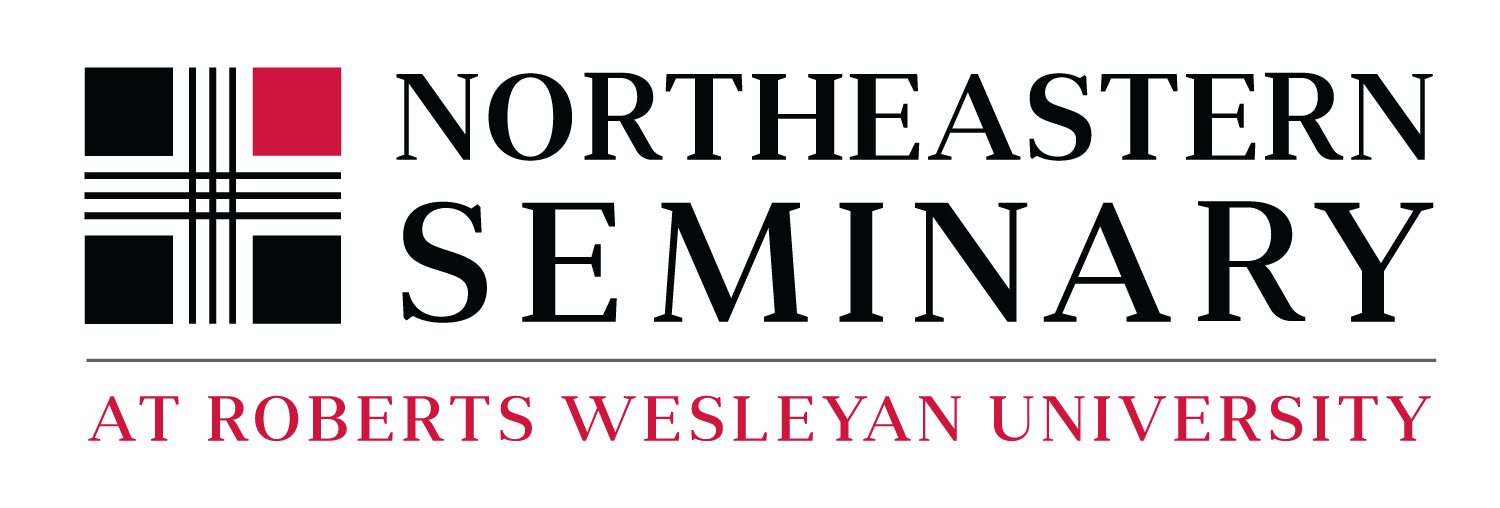The notion of what I refer to as “backwards power”—precisely the kind of power Jesus yearns for us to exude—flooding our communal relationships with God, neighbor, and self is admittedly a tall order of a notion to grasp. Isn’t power a bad thing, full of pride that we aren’t supposed to want? A desire that gives excuse to reaching the top—no matter who we have to step on to get there? What if God actually created power and we have majorly messed it up?
If humanity is called to use our power and agency (the dominion God gave us originally) as ministers of reconciliation and healing to a broken world (Dr. Middleton), then actively using our power to build bridges, promote peace and justice, and cultivate community is a strong daily choice rooted in God's original intention and overarching Biblical story. Embracing our God of both and we and valuing the image of God in one another and diversity in stories infuses us—in the most backwards and fabulous ways possible—to use our power to journey with and elevate others in community—and we experience abundant peace and freedom in this us embrace.
Tight-fistedly holding onto a single view may feel comfortable and safe, giving one a perceived feeling of power and control but there is not much room for elevation of humility and community or abiding in stories’ differences with our eyes shut tight and fingers in our ears. Giving up our perceived power actually results in the beautiful “backwards power” Jesus wanted us to reflect.
Knowing we are not God and do not have all the answers are paradoxical outflows of holding these truths close in the first place. But does “accepting all the stories and angles” mean we stop studying, being curious, and imagining? Do we just blindly love and listen, say we will never have all the answers so why try, and proclaim “God is in control”? Certainly not! We must continue to study the sameness and the difference in Scripture with childlike wonder and curiosity. We must imagine what the story tellers and combination of criticisms, scholars, and theories teach us about God and community.
When all stories are told, people are built up. Everyone is given the human dignity, value, mutuality, and worth they deserve. Just as there is danger in putting God in a box, there is also danger in boxing stories
We must have fresh imaginings. We must long to sit on our preschool story time carpets criss-cross applesauce with no other goal than to shut up and set our hearts on providing silence so that others can be heard.
We can listen and question at the same time; we find these postures of mattering stories in Scripture and our everyday interactions with one another. And I think the more we live like this in our day-to-day places and spaces, the more we will be “backwards powerfully” and “backwards privileged” to read Scripture through the same lens.

About the author
Jess Newcomb
Jess(ica Lee Bowman) Newcomb is a passionate Northeastern Seminary Master of Arts in Theology & Social Justice student and Assistant Director of Recruiting & Admissions for Graduate, Professional Studies, & Seminary at Roberts Wesleyan University. With a bachelor’s degree in Urban Intercultural Studies, Business Administration, and Addictions Counseling, Jess is an aspiring writer, enthusiastic wife and mom of four, volunteer at The Center for Youth, Vice President of the Gates-Chili Music Boosters Board, and member of the Official Board at Pearce Church. Her ministry experience includes working with teenage mothers, children, the unhoused, and incarcerated youth and adults as well as teaching, anti-racism advocacy, coffee making, and administration. Jess is currently working on a middle school fiction book she began in a writing class at Northeastern Seminary that her professor, classmates, and other adults regard as wonderful and her middle school and high school kids deem “a little cringy” (because of the kissing part).